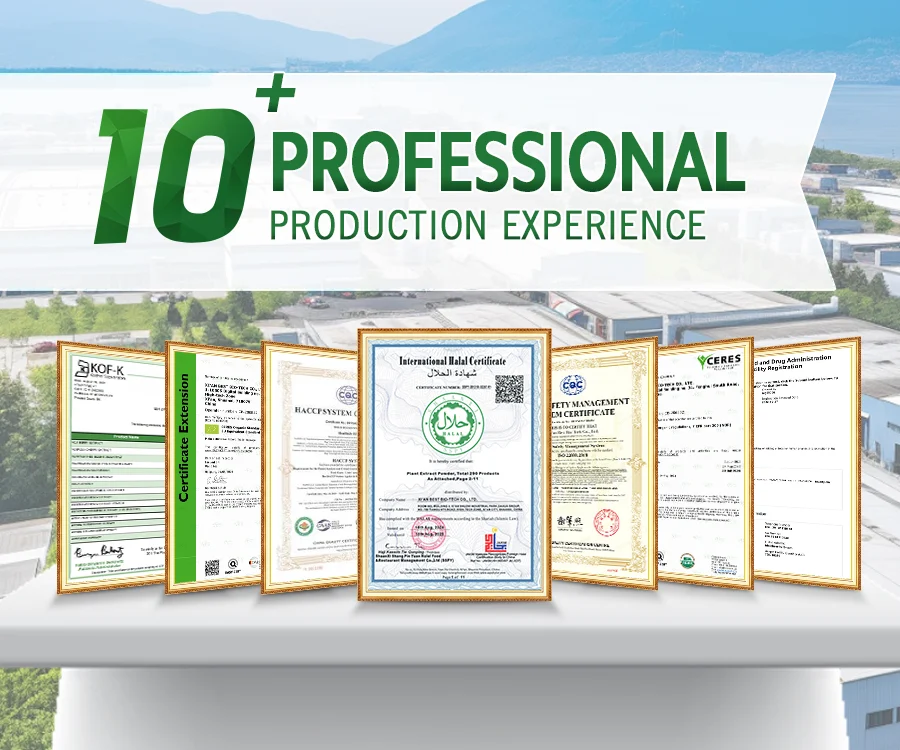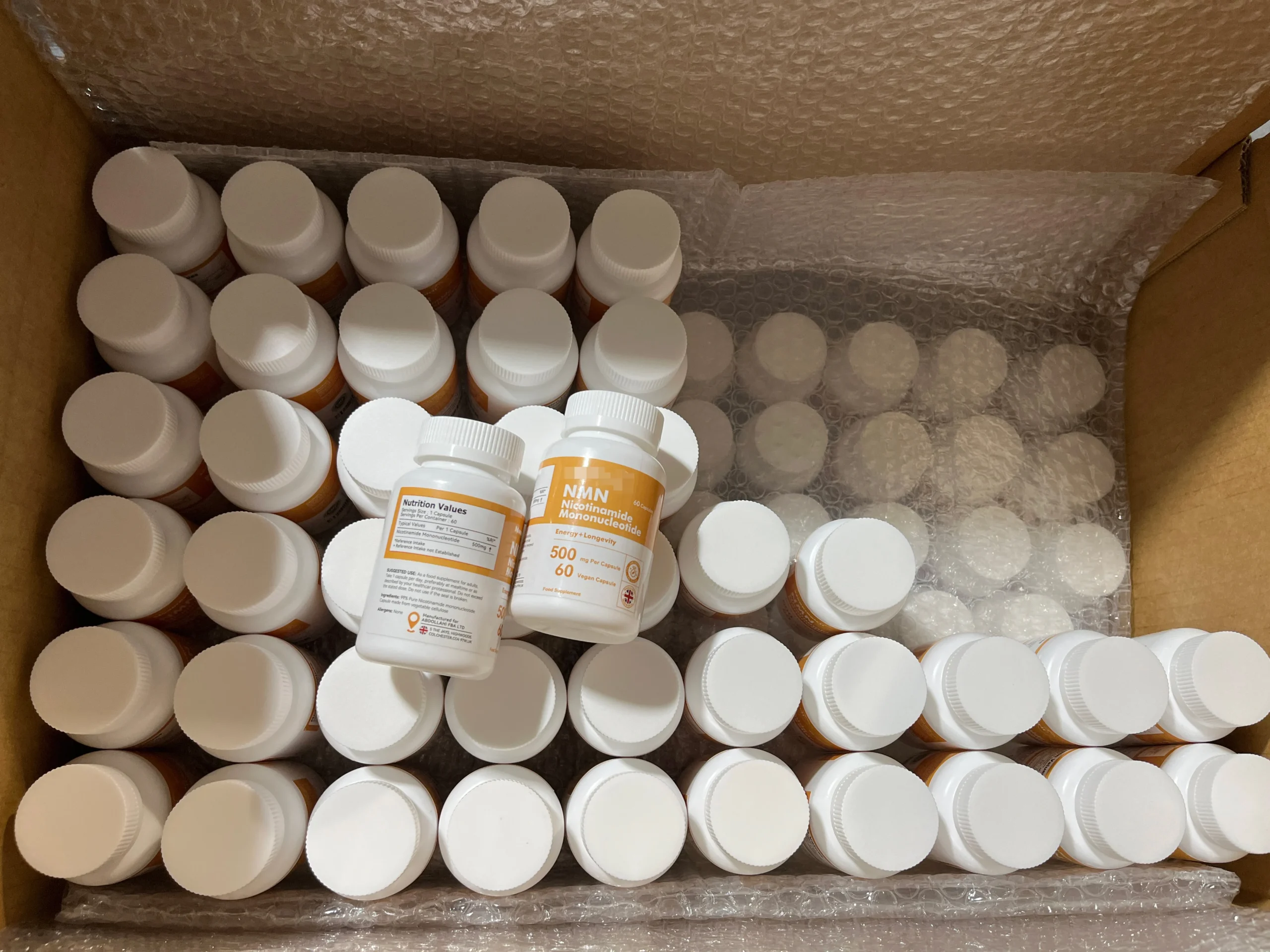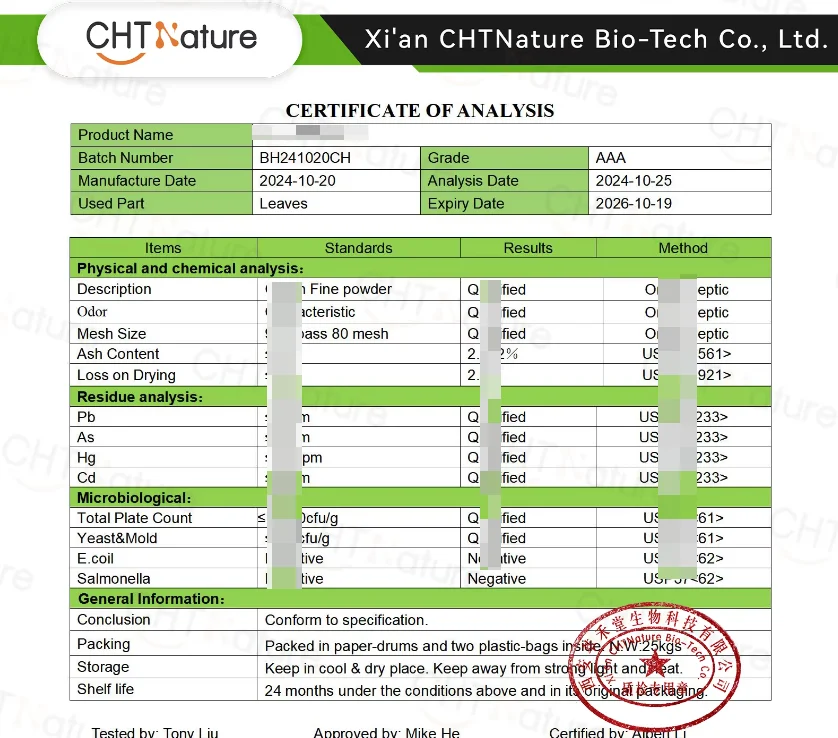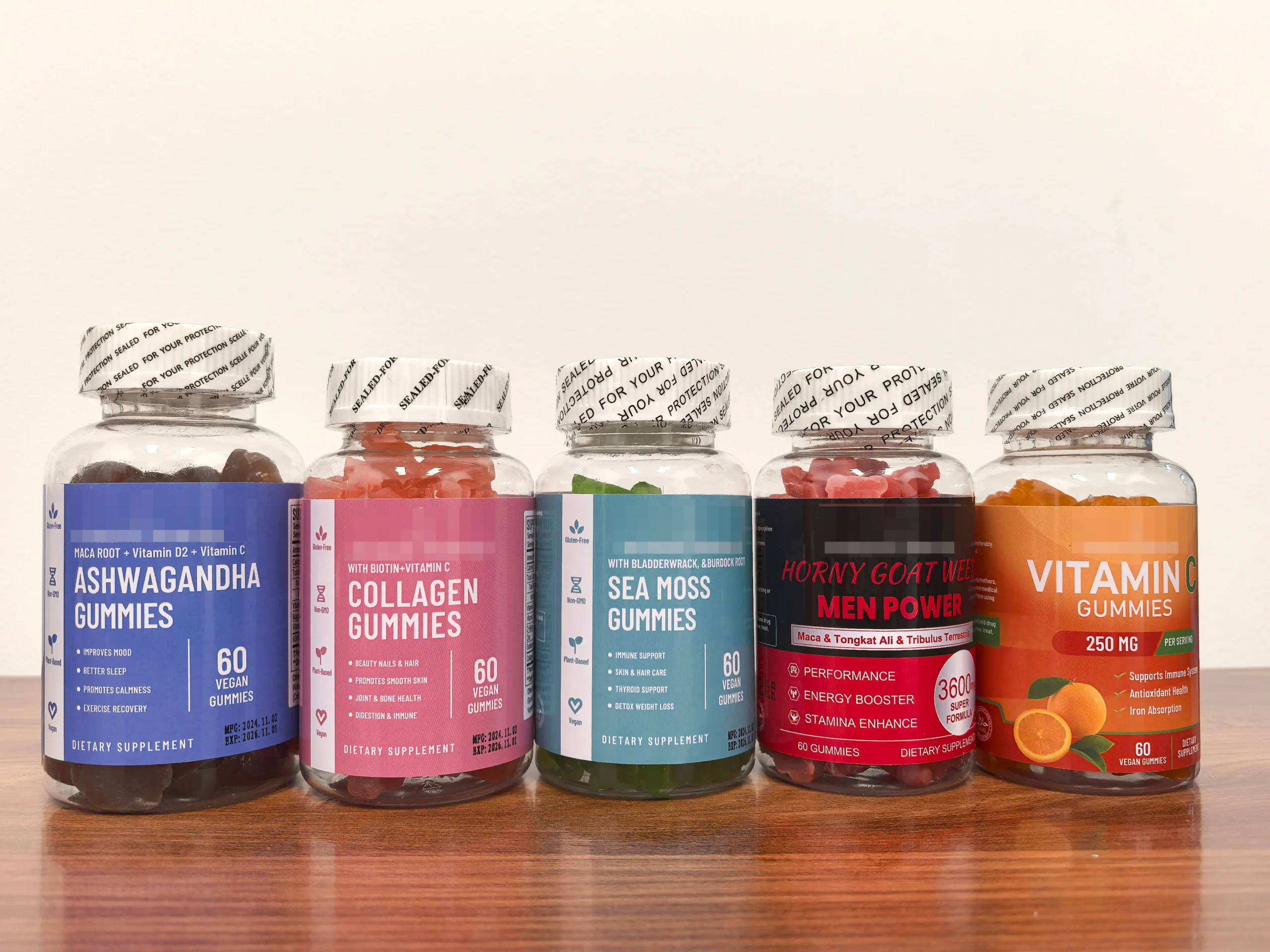Het starten van een supplementenmerk is een opwindende reis. Je hebt de visie, de passie en een goed begrip van je toekomstige klanten. Maar hier is een harde waarheid die ik heb geleerd door merken te zien schitteren of struikelen: bijna 90% van je succes op lange termijn hangt af van één cruciale beslissing: de keuze van je productiepartner.
De markt wordt overspoeld met bedrijven die de wereld beloven. Een snelle zoekopdracht levert tientallen huismerken op. supplement fabrikantenAllemaal met strakke websites en indrukwekkende claims. Maar onder de oppervlakte is echte betrouwbaarheid een zeldzaam goed. Een verkeerde keuze leidt niet alleen tot een product van slechte kwaliteit; het kan ook leiden tot gemiste deadlines, juridische problemen en een beschadigde reputatie nog voordat je echt begonnen bent.
Dit is niet zomaar een artikel met een lijst van leveranciers. Dit is je uitgebreide gids, een stap-voor-stap kader ontworpen om je te helpen door de ruis heen te breken en een betrouwbare private label partner te vinden waar je echt op kunt vertrouwen. We voorzien je van de juiste vragen, de rode vlaggen waar je op moet letten en de kennis om je merk op te bouwen op een fundament van onwrikbare kwaliteit.
Wat betekent een "betrouwbare" supplementenfabrikant eigenlijk?
Voordat je een betrouwbare partner kunt vinden, moet je definiëren wat die term eigenlijk betekent in de context van supplementenproductie. Het is veel meer dan alleen je product op tijd gemaakt krijgen. Het is een partnerschap gebaseerd op vertrouwen en gedeelde normen. Ik verdeel het in vier essentiële pijlers.
Pijler 1: compromisloze kwaliteit en veiligheid
Hier valt niet over te onderhandelen. Een betrouwbare fabrikant is geobsedeerd door kwaliteit. Dit betekent dat ze werken vanuit een cGMP (Current Good Manufacturing Practice) gecertificeerde faciliteit. Zie cGMP als het regelboek van de FDA om ervoor te zorgen dat elke capsule, poeder of gummy wordt geproduceerd en gecontroleerd volgens de hoogste kwaliteitsnormen. Ze moeten ook strenge testen door derden om de zuiverheid en potentie van hun producten te verifiëren, zodat we er zeker van zijn dat wat er op het etiket staat ook in de fles zit.
Pijler 2: Naleving van regelgeving en transparantie
De supplementenindustrie is sterk gereguleerd en een betrouwbare partner is uw eerste verdedigingslinie. Ze moeten een grondige kennis hebben van FDA-voorschrifteninclusief de juiste etikettering, gezondheidsclaims en allergenenwaarschuwingen. Transparantie is hier essentieel. Ze moeten duidelijke documentatie kunnen overleggen over de herkomst van grondstoffen en bereid zijn om met je mee te lopen door hun volledige compliance-proces. Een partner die terughoudend is over zijn papierwerk is een grote rode vlag.

Pijler 3: Consistente communicatie en ondersteuning
Je plaatst niet zomaar een bestelling; je bouwt een bedrijf op. Een betrouwbare fabrikant biedt je een toegewijde accountmanager of een consistent aanspreekpunt dat je merk en doelen begrijpt. Als je een vraag hebt of als er zich een probleem voordoet, heb je een partner nodig die snel reageert en samen met jou naar een oplossing zoekt, niet een die je in het ongewisse laat.
Pijler 4: Schaalbare en tijdige productie
Je fabrikant moet met je mee kunnen groeien. Dit betekent dat je duidelijke en redelijke Minimum bestelhoeveelheden (MOQ's) voor starters, maar ook de capaciteit hebben om de productie op te schalen naarmate je merk groeit. Ze moeten realistische doorlooptijden en, nog belangrijker, houd je eraan. Consistente, tijdige levering is de basis van voorraadbeheer en klanttevredenheid.

De 7-stappen-checklist voor het doorlichten van bedrijven die supplementen onder eigen merk verkopen
En dan nu het bruikbare gedeelte. Neem het verkooppraatje van een bedrijf niet zomaar aan. Gebruik deze beproefde checklist om dieper te graven en de waarheid over een potentiële partner te achterhalen.
Stap 1: Controleer hun certificeringen
- Wat te doen: Vraag om bewijs van hun cGMP-certificering en andere certificeringen die ze claimen (bijv. USDA Organic, Non-GMO Project Verified).
- Waarom het belangrijk is: Een logo op een website is slechts een afbeelding. Het verifiëren ervan zorgt ervoor dat ze voldoen aan de hoogste industrienormen voor veiligheid en kwaliteit, en beschermt zowel uw klanten als uw merk tegen juridische risico's.
- Hoe doe je dat? Vraag naar hun cGMP-registratienummer en controleer het direct in de openbare databases van certificeringsinstanties zoals NSF Internationaal of UL-oplossingen. Kijk voor biologische of non-GMO claims op de websites van de CCOF of het Non-GMO Project. Deze vijf-minuten-controle is niet onderhandelbaar.
Stap 2: Informatie inwinnen over inkoop en grondstofkwaliteit
- Wat te doen: Vraag waar ze hun grondstoffen vandaan halen en hoe ze hun leveranciers kwalificeren.
- Waarom het belangrijk is: Het eindproduct is slechts zo goed als de ingrediënten. Een betrouwbare fabrikant heeft een robuuste toeleveringsketen en aarzelt niet om zijn kwaliteitscontrole voor binnenkomende materialen te bespreken.
- Hoe doe je dat? Stel specifieke vragen als: "Kunt u een analysecertificaat (CoA) voor uw grondstoffen overleggen?" of "Hoe zorgt u ervoor dat uw leveranciers aan uw kwaliteitsnormen voldoen?". Hun bereidheid en vermogen om duidelijk te antwoorden spreekt boekdelen.

Stap 3: Hun formulering en R&D mogelijkheden begrijpen
- Wat te doen: Bepaal of je een standaardformulering (off-the-shelf) of een formulering op maat nodig hebt en beoordeel of ze in staat zijn om te leveren.
- Waarom het belangrijk is: Sommige fabrikanten bieden alleen een catalogus met kant-en-klare producten, terwijl andere interne formuleerders en R&D-teams hebben om iets unieks voor jouw merk te maken. Als je hun capaciteiten kent, weet je zeker dat ze op één lijn liggen met jouw visie.
- Hoe doe je dat? Als je een aangepaste formule nodig hebt, vraag dan naar hun R&D-proces, tijdslijnen en eventuele bijbehorende kosten. Als je begint met een standaardproduct, vraag dan welke smaakstoffen, zoetstoffen of afgiftesystemen (capsules, poeders, etc.) beschikbaar zijn.
Stap 4: MOQ's, prijzen en doorlooptijden verduidelijken
- Wat te doen: Ontvang een duidelijke, allesomvattende offerte en een realistische productietijdlijn.
- Waarom het belangrijk is: Verborgen kosten en onverwachte vertragingen kunnen het budget en het momentum van een startup om zeep helpen. Je moet van tevoren weten wat de volledige financiële en tijdsinspanning is.
- Hoe doe je dat? Vraag een gedetailleerde offerte waarin alle kosten worden uitgesplitst: setupkosten, kosten per eenheid, verpakking, etikettering en verzending. Vraag: "Wat is uw standaard doorlooptijd van het plaatsen van een inkooporder tot verzending?" en "Welke factoren kunnen ervoor zorgen dat die tijdlijn verandert?".
Stap 5: Hun interne diensten evalueren
- Wat te doen: Kijk welke diensten ze bieden die verder gaan dan alleen productie, zoals labelontwerp, verpakkingsoplossingen en orderverwerking.
- Waarom het belangrijk is: Een echt geïntegreerde partner kan je enorm veel tijd, geld en gedoe besparen door als one-stop-shop te fungeren. Coördinatie tussen een afzonderlijke fabrikant, ontwerper en fulfilment center kan een logistieke nachtmerrie zijn.
- Hoe doe je dat? Vraag naar een lijst van hun diensten met toegevoegde waarde. Als ze design aanbieden, vraag dan om een portfolio. Als ze fulfillment aanbieden, informeer dan naar hun integratiemogelijkheden met e-commerce platforms zoals Shopify of Amazon.

Stap 6: Vraag monsters aan en spreek met huidige klanten
- Wat te doen: Test het product altijd zelf en vraag om referenties.
- Waarom het belangrijk is: Je kunt geen product verkopen waar je niet in gelooft. Een monster proeven en testen is de enige manier om de uiteindelijke kwaliteit te beoordelen. Door te praten met andere merkeigenaren met wie ze werken, krijg je een ongefilterde kijk op hun prestaties.
- Hoe doe je dat? Vraag om een productiemonster, niet alleen om een smaakmonster. Voor referenties is een goede vraag om aan een huidige klant te stellen: "Hoe gaan ze om met dingen als er iets misgaat?". Het antwoord vertelt je alles wat je moet weten over hun partnerschapsaanpak.
Stap 7: Hun klantenservice en communicatiestijl beoordelen
- Wat te doen: Let goed op hoe ze met je omgaan tijdens het doorlichtingsproces.
- Waarom het belangrijk is: Hun pre-sales gedrag is de beste indicator van hun post-sales ondersteuning. Als ze nu traag reageren, ontwijkend of ongeorganiseerd zijn, zal het alleen maar erger worden als ze eenmaal je geld hebben.
- Hoe doe je dat? Reageren ze op je e-mails en telefoontjes? Beantwoorden ze je vragen grondig en geduldig? Heb je het gevoel dat ze oprecht geïnteresseerd zijn in het succes van je merk? Vertrouw op je gevoel.
Huismerk versus loonproductie: Welke weg is de juiste voor uw merk?
Deze termen worden vaak door elkaar gebruikt, maar ze vertegenwoordigen twee verschillende paden. De juiste keuze hangt af van je budget, tijdlijn en merkvisie.
| Functie | Private Label Productie | Contract productie |
|---|---|---|
| Formule | Je kiest uit de bestaande, bewezen formules van de fabrikant. | Je levert je eigen unieke, gepatenteerde formule aan hen om te produceren. |
| Beste voor | Startups en merken die snel en met weinig risico de markt op willen. | Gevestigde merken of oprichters met een uniek productconcept. |
| Snelheid tot de markt | Snel. Formules zijn kant-en-klaar, waardoor de R&D-tijd aanzienlijk wordt verkort. | Langzaam. Vereist uitgebreide O&O, proefcharges en stabiliteitstests. |
| Voorafgaande kosten | Lager. Geen R&D-kosten en vaak lagere MOQ's. | Hoger. Je financiert het hele onderzoeks- en ontwikkelingsproces. |
| Uniek | Lager. Andere merken kunnen een product verkopen dat erg op elkaar lijkt. | Hoog. De formule is 100% van jou en exclusief voor jouw merk. |
De financiële kant: Budgettering voor de lancering van uw supplementen
Laten we het over cijfers hebben. Hoewel private labeling toegankelijker is dan ooit, is het cruciaal om een realistisch budget te hebben. Wees op je hoede voor claims over "geen minimumbestelling" - deze gaan vaak gepaard met veel hogere kosten per eenheid die je marges kunnen verkleinen.
Een typisch opstartbudget moet rekening houden met:
- Eerste inventaris: Dit is je grootste uitgave. MOQ's kunnen variëren van 500-1.500 eenheden per product.
- Installatie- en ontwerpkosten: Sommige fabrikanten brengen eenmalige kosten in rekening voor het aanmaken van een account of het ontwerpen van labels.
- Testen door derden: Hoewel je fabrikant interne tests uitvoert, is het verstandig om voor je eigen gemoedsrust een onafhankelijke controle te laten uitvoeren.
- Verzending en logistiek: Vergeet niet de kosten om het product van de fabriek naar je magazijn of fulfillmentcentrum te krijgen.
- Marketing en lancering: Je product verkoopt zichzelf niet. Een aanzienlijk deel van je budget moet worden toegewezen aan marketing.
Een succesvolle lancering gaat niet alleen over het maken van een product; het gaat over het opbouwen van een bedrijf eromheen. Plan je financiën dienovereenkomstig.
Uw veelgestelde vragen (FAQ)
Hoe begin ik mijn eigen supplementenlijn?
De eerste stap is het identificeren van je niche en doelgroep. Gebruik vervolgens de checklist in deze gids om een betrouwbare huismerkfabrikant te vinden. Zij zullen je begeleiden bij het selecteren van een formule, het ontwerpen van je merk en het produceren van je eerste batch.
Zijn huismerksupplementen veilig voor consumenten?
Ja, mits ze gemaakt zijn door een gerenommeerde, cGMP-gecertificeerde fabrikant. Een betrouwbare partner houdt zich aan strenge kwaliteitscontroles en testprotocollen om de veiligheid en werkzaamheid van hun producten te garanderen, waardoor ze net zo veilig zijn als nationale merken.
Heb ik een speciale vergunning nodig om online supplementen te verkopen?
In de Verenigde Staten heb je geen specifieke federale licentie nodig om voedingssupplementen te verkopen. U bent er echter wel wettelijk verantwoordelijk voor dat uw producten veilig zijn en dat uw marketingclaims waarheidsgetrouw en niet misleidend zijn, volgens de richtlijnen van de FDA en FTC. Uw fabrikant kan u helpen bij het naleven van de etiketteringsregels.
Wat zijn de meest winstgevende niches voor supplementen in 2025?
Hoewel trends veranderen, blijven niches als sportvoeding (proteïne, pre-workouts), algemeen welzijn (multivitamines, omega-3) en gewichtsbeheersing sterk. Groeiende gebieden zijn onder andere cognitieve gezondheid (nootropica), darmgezondheid (probiotica) en gepersonaliseerde voeding. De sleutel is om een specifiek publiek te bedienen dat je goed begrijpt.
Conclusie: Een merk bouwen op een fundament van vertrouwen
Het kiezen van een productiepartner is de belangrijkste beslissing die je als oprichter van een supplementenmerk zult nemen. Het gaat om meer dan de prijs of productcatalogi; het gaat erom een partner te vinden die jouw streven naar kwaliteit deelt en die investeert in jouw groei.
Door deze gids te gebruiken en je zoektocht te richten op de pijlers kwaliteit, naleving, communicatie en schaalbaarheid, kun je met vertrouwen vooruitgaan. Je kunt een merk opbouwen waar klanten niet alleen van houden, maar ook vertrouwen in hebben. Je kunt een merk bouwen op een fundament van echt vertrouwen.
Klaar om samen te werken met een fabrikant die prioriteit geeft aan het succes van je merk? Neem vandaag nog contact op met onze experts voor een transparant en vrijblijvend gesprek om je visie tot leven te brengen.



